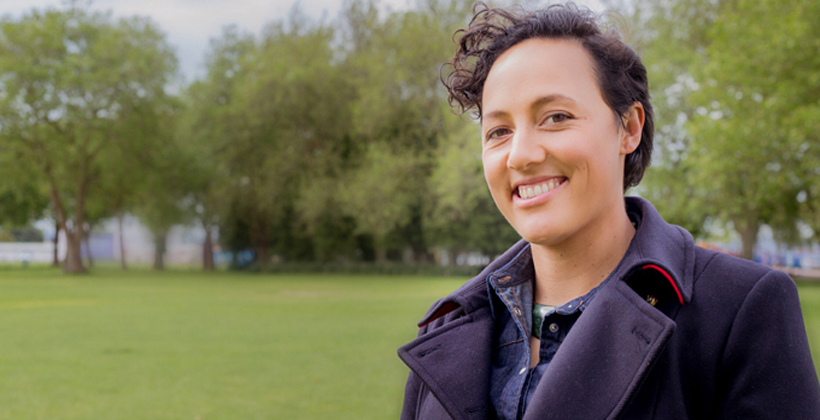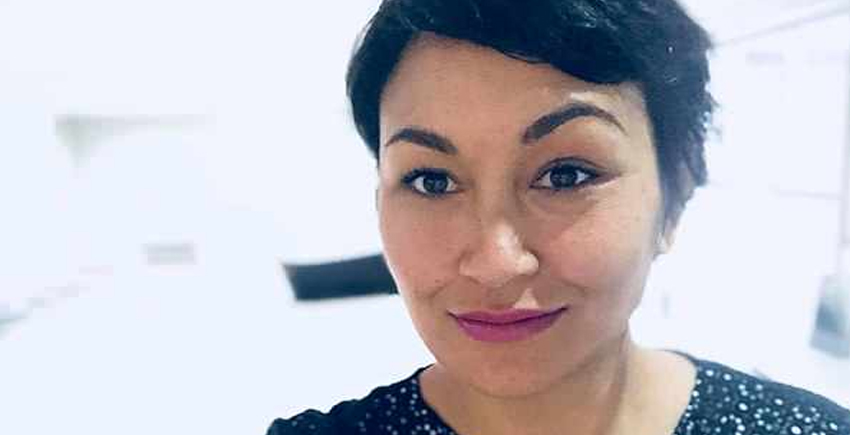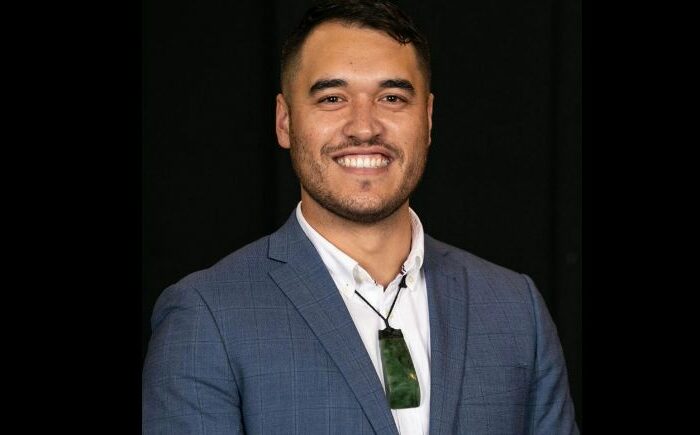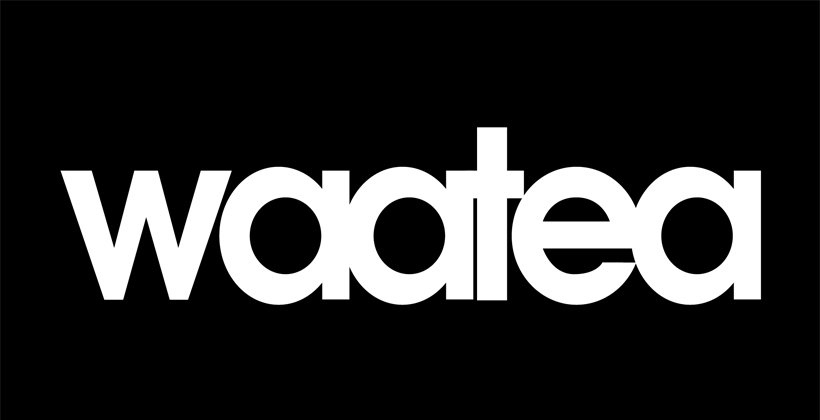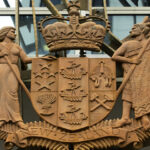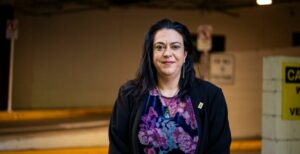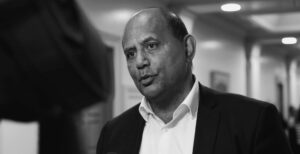October 14, 2022
OPINION: Dr Carwyn Jones – Does the Ellis decision recognise the authority of tikanga??

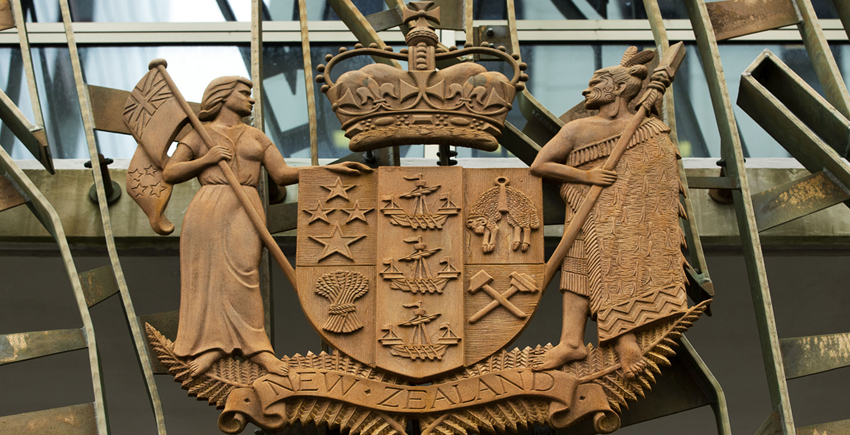
Does the Ellis decision recognise the authority of tikanga?
Dr Carwyn Jones
I’ve been reflecting on the Peter Ellis decision over the past week, and particularly thinking about the way in which the Supreme Court dealt with tikanga in relation to the issue of whether the appeal should have continued after the death of the appellant.
First, it was great to see a majority of the Court acknowledge that tikanga is the first law of Aotearoa. But all that seems to result in is tikanga being weighed and balanced with a bunch of other factors.
The balancing all still occurs within the common law framework. Does the rejection of the common law tests for recognition of customary law get us that far away from assumption of superiority of the common law that the judges appeared to be uncomfortable with in those tests?
In this case, tikanga aligned with other factors that the common law would otherwise take into account. But I’m not sure that there is anything in this decision which indicates that tikanga would be controlling in cases where tikanga is in conflict with other considerations.
The majority seem to recognise that tikanga is an independent legal system but then fail to recognise their own role in maintaining the common law’s control over the recognition of tikanga, with the ‘tikanga as an ingredient’ approach.
Perhaps we can’t expect common law courts to do anything other than reassert the supremacy of the common law. Yet the tikanga experts in this case seem to understand the kind of mutual recognition of authority that is required in the development of a bi-jural legal system.
In my view, this decision is another illustration of the limitations of the courts’ ability to engage with matters of tikanga and just reinforces the need for us to pursue the kind of constitutional transformation envisioned in the report of Matike Mai Aotearoa.
Dr Carwyn Jones is Kairuruku, Honorary Adjunct Professor, Te Kawa a Māui, School of Māori Studies, Te Herenga Waka, Victoria University of Wellington. Carwyn is also Pūkenga Matua (Lead Academic) Te Ahunga Tikanga (Māori Laws and Philosophy) programme at Te Wānanga o Raukawa.
Radio Waatea and its board would like to advise that the opinions expressed in this article are those of the author and not necessarily the views of Radio Waatea, its Management or its Board.

